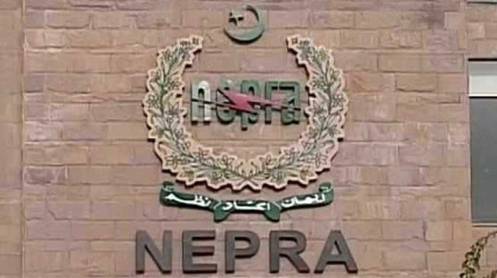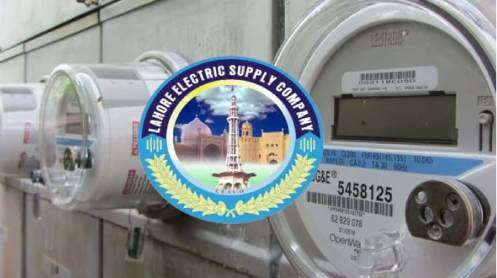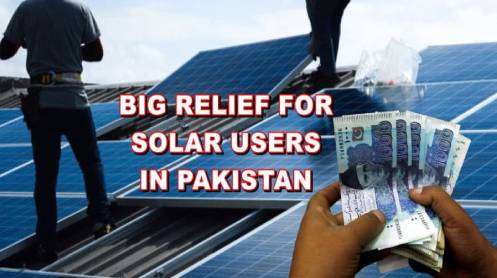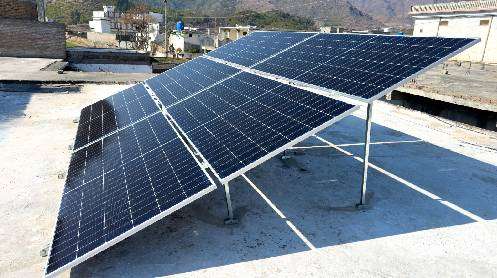ISLAMABAD: The National Electric Power Regulatory Authority (Nepra) has sharply criticized government power generation policies, identifying overinvestment in peak demand capacity, delays in expanding Thar coal projects, and hindrances to rooftop solar adoption as primary drivers of escalating electricity costs and financial strain on the power sector.
In a special report on generation sector challenges, Nepra highlighted the inefficiency of focusing on peak demand generation. It suggested prioritizing rooftop solar solutions, which offer advantages like zero losses and no capacity payments.
“Despite an underutilized installed capacity, the Indicative Generation Capacity Expansion Plan (IGCEP) is geared to meet peak demand, lasting only a few hours annually,” Nepra stated, questioning the economic prudence of this approach. The current practice leads to increased costs and exacerbates the sector’s financial woes.
At the end of FY 2024, Pakistan’s installed capacity stood at 42,512 MW, against a maximum demand of 30,150 MW and an average load of 18,463 MW. However, the system’s inability to consistently meet demand, coupled with inefficient transmission and distribution, has resulted in persistent load-shedding.
Nepra attributed these issues to excessive Aggregate Technical and Commercial (AT&C) losses driven by electricity theft, weak oversight, and poor infrastructure. Despite having 45,888 MW of installed capacity by mid-2024, inefficiencies continued to plague distribution companies.
The report also emphasized the potential of Thar coal projects, noting their cost-effectiveness and role in energy independence. However, average utilization of these plants has remained disappointingly low over the past five years.
Regarding rooftop solar, Nepra lauded its success, citing over 156,372 installations with 2,200 MW capacity by mid-2024. It urged distribution companies to support rather than obstruct net metering, projecting that rooftop solar could contribute an additional 3,420 MW by 2031, bolstering the shift to renewable energy.
Nepra’s critique underscores the urgent need for reforms to balance capacity planning, reduce inefficiencies, and embrace sustainable energy solutions.
Story by Khaleeq Kiani







